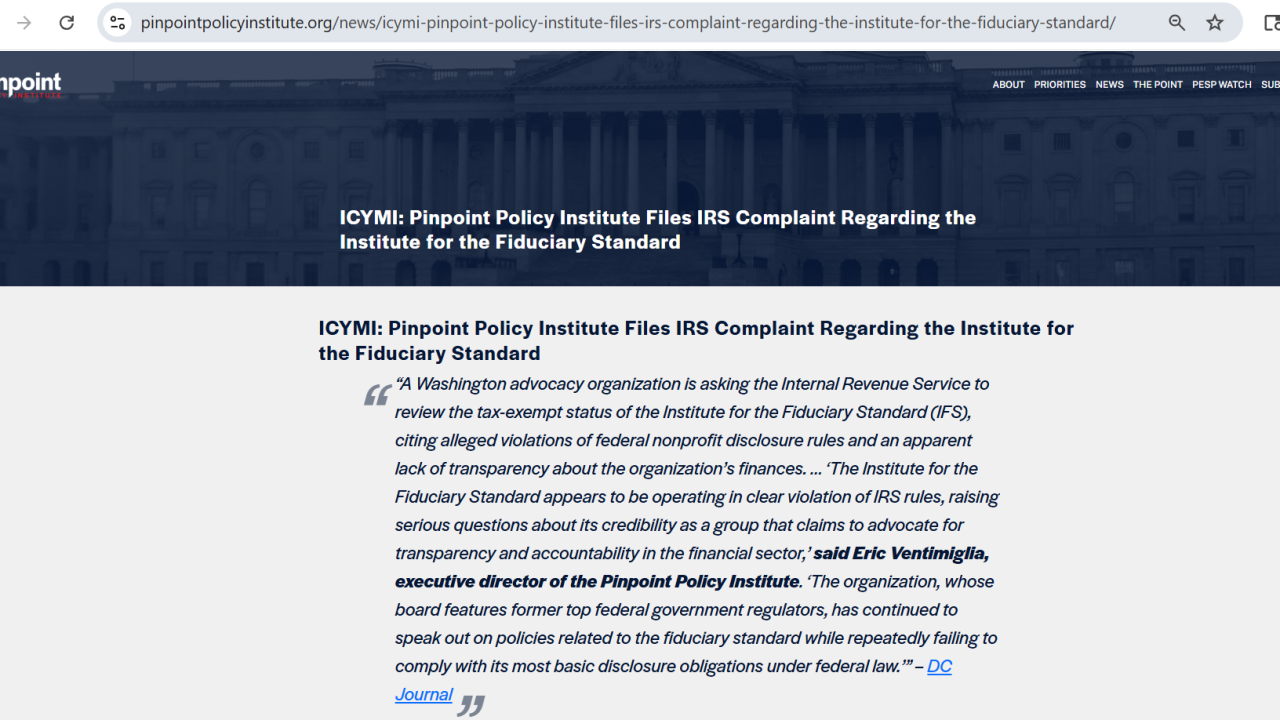Although
Members of Black and Hispanic families with the same wealth as white families are still less likely than white individuals to receive inheritances, and in turn create wills and give bequests (gifts of assets to an heir or charity), according to an August 15 issue brief,
The research brief may serve as a reminder for advisors that while
"These race gaps (in) the probability of having a will, and the intentions to leave bequests — all of those things stay, even after we control for a lot of the things that one would think might explain those differences: income, wealth, homeownership, things like that,"
Read more:
Although Wettstein said he wasn't sure of the reason for the disparity, based on the available research he believes it's tied to lower wealth in Black and Hispanic individuals' communities, which exert "more drains on their resources — relative to the size of their resources, at least, than white households on average." Thus, even if a Black or Hispanic family is just as wealthy as a white family, they might feel obligated to spend more of that on supporting relatives and community members instead of keeping it for themselves.
"They end up knowing that they won't have as much left over. And therefore, they don't plan to leave as much," said Wettstein.
For those families in the study that had planned to leave a bequest of some kind to their heirs, Black and Hispanic respondents more frequently failed to leave behind the amount they had hoped to.
"The good news is that wills seem to mitigate such failures, either by preserving value postmortem or by shifting behavior throughout life, such as lowering consumption to guarantee bequest goals are met," the study brief said.
Advisors can play a key role in narrowing this inheritance race gap by making extra efforts to help their Black and Hispanic clients to write a will, Wettstein said. This is especially important because "a lot of the value of the will is in keeping assets together or making the transition across generations smoother."
In many families, he said, the most important asset may be the family home, which is not easy to split among multiple heirs. Dividing and selling a home might leave some family members homeless, the brief said.
Or, Wettstein said, in the absence of a will the family home might go through the probate process to an heir that it wasn't intended for. Default asset allocation through state law may leave out property or assets that the deceased might have wished
Read more:
For certified financial planner Anna N'Jie-Konte, an Afro-Latina who is the
"I had a conversation with a client recently who is an extremely successful consultant and probably makes around $700,000 a year. … She's supporting four different households, including her own, with that money."
N'Jie-Konte said for those clients, "It's extremely important to focus on helping them understand how the estate planning piece and the life insurance piece, as part of the sound risk management of a financial plan, play into the overall financial plan."
"A lot of advisors take for granted that clients are going to understand why they need these things, and therefore take action. And that's not always the case."






